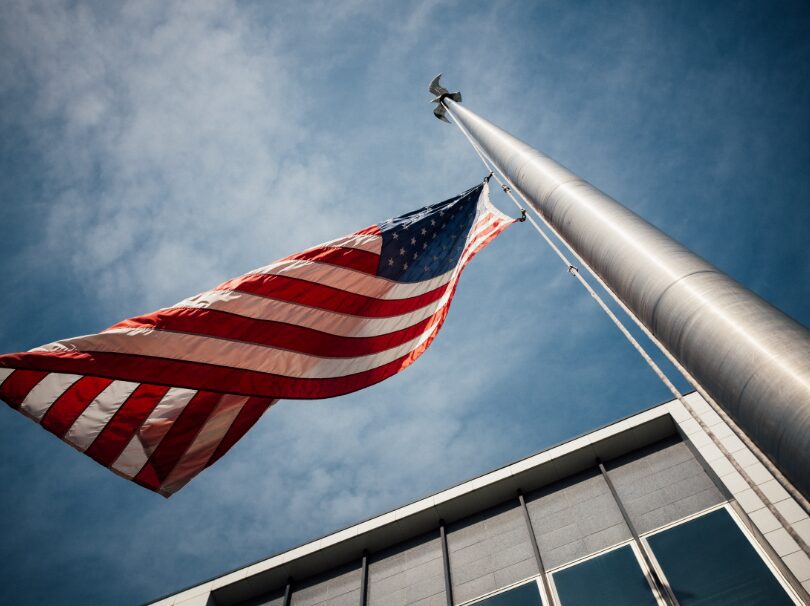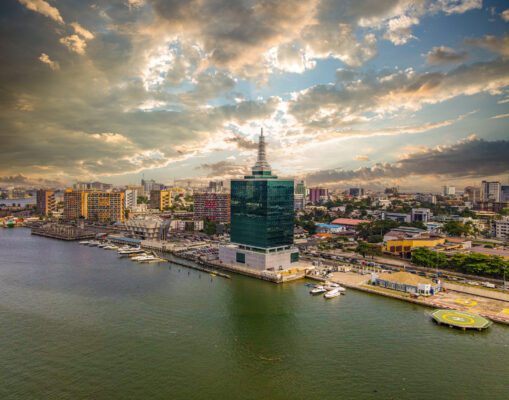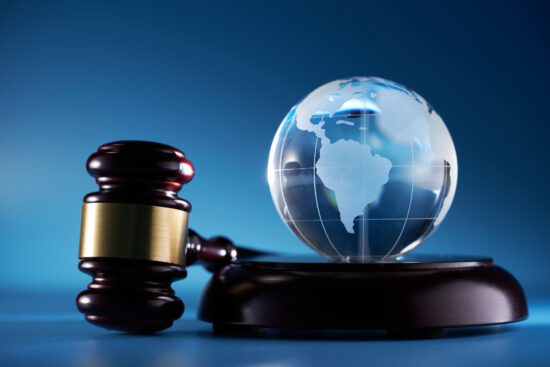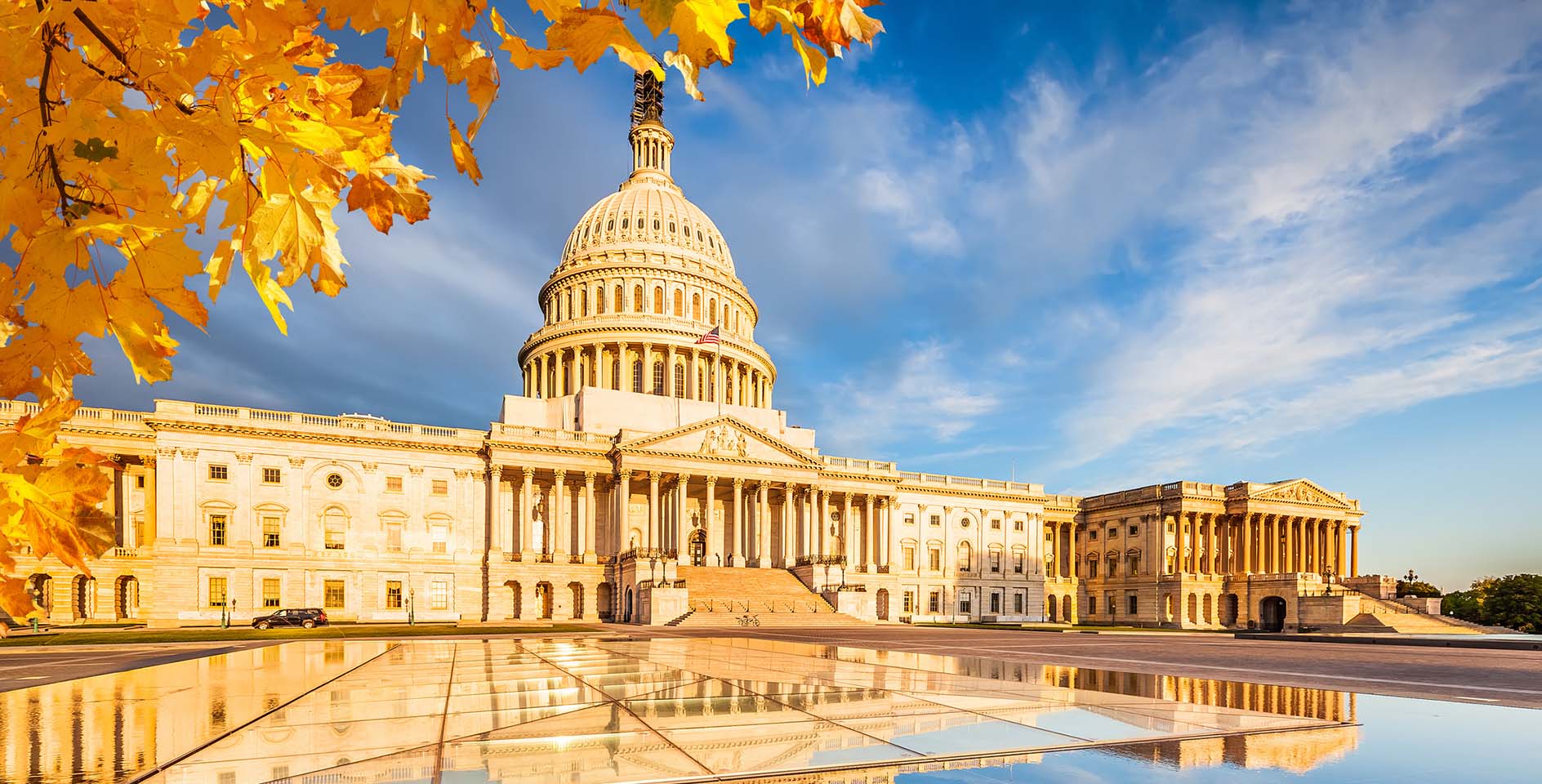Quietly asserting ones religious liberty is now more culturally unacceptable than yelling, FIRE! in a crowded theater. What happened to our love for religious liberty?
In law school, I remember being taught that the First Amendment bars government from restricting someone's religious liberty. Indeed, it starts, "Congress shall make no law . . ." that would establish religion, nor prohibit its free exercise. And yet, when businessmen assert that government has made law that prohibits their free exercise of religion, it is the businessman that is castigated, not the Congressman who fails to understand the meaning of the word, "shall." Religious freedom is on the decline.
Walk down the street to your local school and look around. You know what you do not see? Any reference to religion and students fearful of asserting their belief in God. Oh, sure the Supreme Court famously declared in Tinker v. Des Moines that students and teachers do not shed their constitutional rights to freedom of speech or expression at the schoolhouse gate, but when was the last time the Freedom From Religion Foundation applauded after a valedictorian's speech that thanked God for his education?
Maybe religious liberty remains in the fields of remembrance. War memorials are reflective places where men who have survived war return to honor those who have not. Never having been one to bury a comrade, I cannot say whether the crosses they sometimes erect at the center of their memorials are religious, cathartic, or merely traditional. What I do know is that they have earned every right not already given to them by the Constitution to erect such a memorial. Yet, we are told by various secularist groups that these are not merely offensive to the secularist, but that it causes them to claim to have unwelcome contact when they encounter such a humble grave marker.
At your city council can you invoke God before a council meeting without receiving a summons? If the First Amendment means what the Founders said it does, you should not only be free of subpoena, but the founders themselves would join you as they did at their public meetings in prayer.
Maybe pastors are the key. Men of the cloth have been long held in high esteem, so much so that governments going back to the Pharaohs have subsidized their housing. Theirs is a vocation that provides so much benefit to the community that it's worth taking the edge off their taxes. It is our national way of helping their family as they care for ours. But, now that's even been declared unconstitutional.
Theres a controversy over the words, "Merry Christmas now. You cannot be a sportscaster and believe in your faith's teaching on marriage. Do not wear a cross necklace during a student organizations fair on campus. If your professor tells you to stomp on a picture of Jesus, you had better do it or else. Do not put a Bible verse in your email signature and certainly not on your wall at work. Churches cannot locate on the town square that's reserved for real businesses. You want to play in the NFL (or host the Super Bowl), do not assert your faith or question the reigning cultural orthodoxy. And, above all, you cannot question homosexuality. Anywhere. At anytime. That's just the price of citizenship.
And that's the real head-scratcher. Why is it that every time religious liberty is mentioned, mobs of same-sex activists go into fits of anger? I understand that most of the major religions teach that homosexuality is intrinsically disordered. That would cause me grave concern too . . . if I believed that God would punish me for it. But, if I reject the notion of God (which I dont) or believe him to be something entirely different than the triune, Christian God, why should I be angry at the belief of others?
The answer to that, I suppose, lies in the definition of religious liberty itself. It is more than merely allowing for walls and a steeple-topped roof in which some may gather to sing about, pray to, and study the holy writings of God. Religious liberty is the idea that every man, woman, boy, and girl is permitted (indeed, created) to order their lives every aspect of it, both private and public according to the teachings of their faith.
Well, that's almost the entire definition. Religious liberty has one key component at its core that is fashionably left off the end. It is so assumed that we have forgotten to restate it over the years and, as a result, it has atrophied. Most of us grew up in homes and neighborhoods that did not think twice about this part of the definition of religious liberty. Why would we? This is America, where "Congress shall make no law respecting an establishment of religion or the free exercise thereof."
That key component of religious liberty for every human being is that every human is permitted to order their lives according to the teachings of their faith and, absent the most compelling of reasons, to be free from government telling them what that faith ought to be or how it is to be practiced.
That is what we have forgotten and, in fact, what we have reversed. Now, Congress does make the laws that prohibit the free exercise of religion and few blink an eye because it furthers their socio-political agenda. Government, in the form of courts, damages centuries of jurisprudence that has broadened religious liberty by elevating perceptive rights found in outlying penumbras to the constitution above those specifically enumerated therein. Government demands our worship as the highest authority of all. It assumes too much, destroying itself from within in the process.
Gone are the indispensable supports of religion and morality that Washington once said were essential to our democratic republic. Instead, rather than champion religious liberty, politicians run from the words. Rather than look for ways to strengthen religious liberty within their community, lawmakers are scared to be the target of the next angry mob. And common citizens? Well, they suffer most. Dare to lead a modest effort in support of religious liberty you remember, that idea found in the first of the First Amendment? and you are the only permissible target of stalking and death threatening.
It is grievous that we have arrived at this place wherein religious liberty is a pariah rather than an intrinsic good to this country. Sadder still is the reality that many who would be the next abolitionists, feminists, and civil rights leaders will be told to sit down and shut up . . . unless they will repent of their sin of living out their religious teachings and place their faith in the reigning cultural orthodoxy.
Because we have recently adopted the notion that religious liberty means the freedom to do what one wants in the name of religion, there is a natural desire to look to government to quell the potential for social chaos. Instead, we should remind one another that government makes a horrible god and taxes are a poor substitute for alms. Religious liberty is not unfettered from duty and we ought to appeal to the intrinsic restraints religion places upon its adherents. And when such God-given liberty is abused, government is a just restraint. But overcoming that presumption must be a high hurdle for government. To bring it to a point for our present cultural conversation: the erotic license is an insufficient basis for government to bind the conscience of man against that which he is obliged to obey lest he face eternal consequences.
And yet, as we have recently seen, America has elevated erotic license over the indispensable guarantee of religious liberty. So, I am left to wonder: what has happened to religious liberty? For the love of God literally please tell me.






